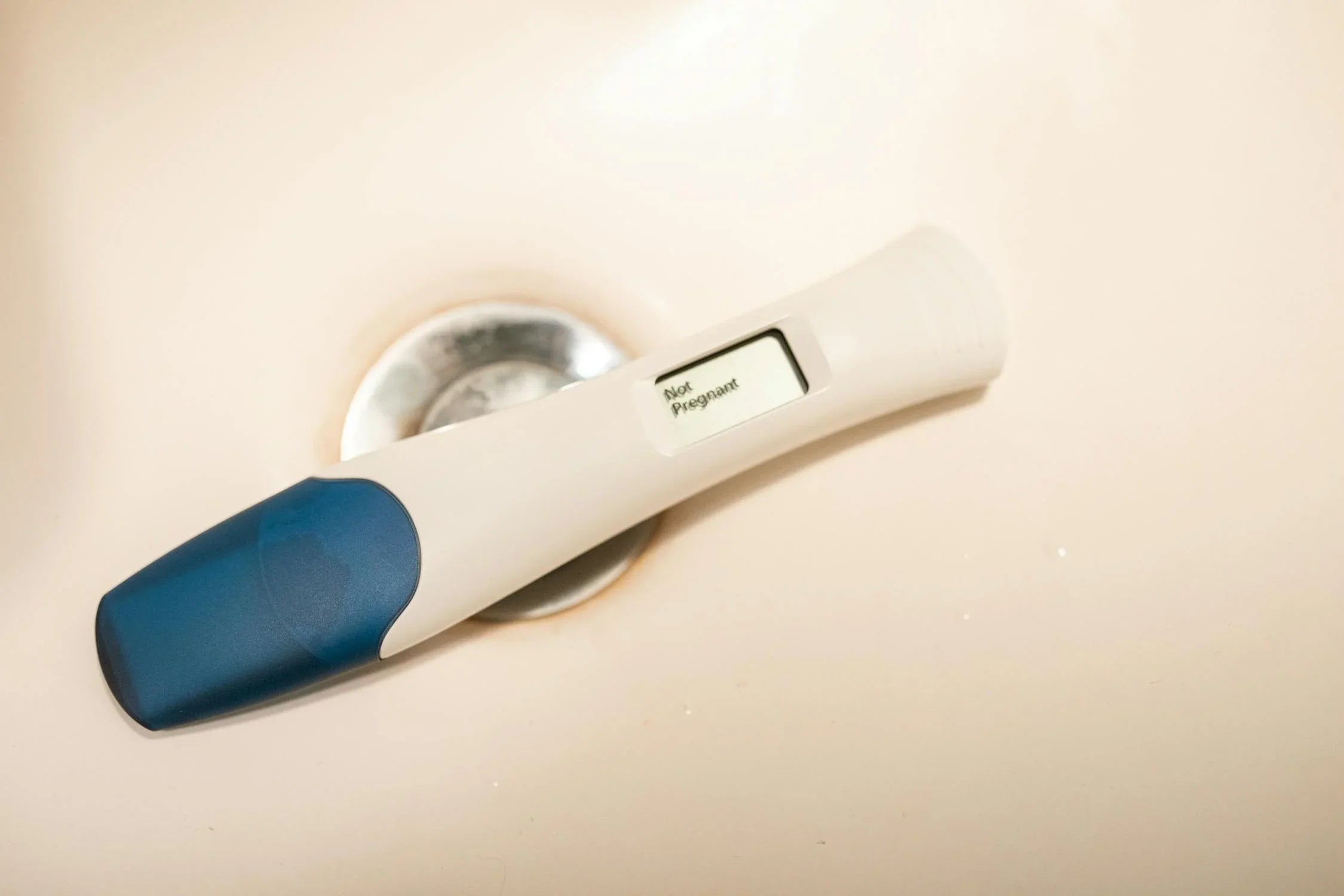Home
Pregnancy, Breastfeeding, and Pumping: The Ultimate Guide for Moms
Can I Take a Pregnancy Test 12 Days After Intercourse?

Can I Take a Pregnancy Test 12 Days After Intercourse?
Understanding Pregnancy Test Timing
When it comes to determining whether you can take a pregnancy test 12 days after intercourse, timing is crucial. Pregnancy tests detect the presence of human chorionic gonadotropin (hCG), a hormone produced after a fertilized egg attaches to the uterine lining. This process, known as implantation, typically occurs 6 to 12 days after fertilization. However, the exact timing can vary from woman to woman.
Taking a pregnancy test too early can result in a false negative, as the hCG levels may not yet be high enough to detect. Conversely, waiting too long can lead to unnecessary anxiety. Therefore, understanding the optimal window for testing is essential for accurate results.
Factors Influencing Test Accuracy
Several factors can influence the accuracy of a pregnancy test taken 12 days after intercourse. These include the sensitivity of the test, the timing of ovulation, and the regularity of your menstrual cycle. Tests with higher sensitivity can detect lower levels of hCG, making them more reliable in the early stages of pregnancy.
Ovulation timing is another critical factor. If ovulation occurs later than expected, implantation may also be delayed, affecting when hCG levels rise. Additionally, irregular menstrual cycles can make it challenging to predict the best time to take a test. In such cases, consulting a healthcare provider for guidance may be beneficial.
How to Take a Pregnancy Test
To ensure the most accurate results, follow the instructions provided with the pregnancy test carefully. Most tests recommend using the first urine of the day, as it is more concentrated and likely to contain higher levels of hCG. Make sure to check the expiration date and store the test properly to avoid any potential issues.
When taking the test, immerse the test strip in urine or place it under a urine stream, depending on the type of test. Wait for the specified amount of time before reading the results. A positive result typically appears as a line, a plus sign, or a digital display, depending on the test brand. A negative result usually shows a single line or a minus sign.
Interpreting the Results
Interpreting the results of a pregnancy test taken 12 days after intercourse requires careful attention. A positive result generally indicates pregnancy, but it is essential to confirm with a healthcare provider. False positives can occur due to certain medications, medical conditions, or improper test usage.
On the other hand, a negative result may not always mean you are not pregnant. If you suspect a false negative, consider retesting in a few days or consulting a healthcare provider for a blood test, which can detect lower levels of hCG than urine tests.
When to Seek Medical Advice
If you receive a positive result on a pregnancy test taken 12 days after intercourse, it is advisable to schedule an appointment with a healthcare provider. They can confirm the pregnancy through a blood test or ultrasound and provide guidance on prenatal care.
If you experience symptoms such as severe abdominal pain, heavy bleeding, or dizziness, seek medical attention immediately, as these could indicate complications such as an ectopic pregnancy or miscarriage. Early medical intervention can help ensure the best possible outcome for both you and your baby.
Emotional Considerations
Taking a pregnancy test can be an emotionally charged experience, regardless of the outcome. It is essential to prepare yourself mentally and emotionally for the results. If the test is positive, consider discussing your feelings with a trusted friend, family member, or counselor.
If the test is negative, but you were hoping for a positive result, allow yourself time to process your emotions. Remember that there are many factors that can influence fertility, and it may take time to conceive. Seeking support from a healthcare provider or support group can be beneficial during this time.
Planning for the Future
Whether the pregnancy test is positive or negative, it is essential to plan for the future. If you are pregnant, start thinking about prenatal care, lifestyle changes, and preparing for the arrival of your baby. If you are not pregnant but wish to conceive, consider tracking your ovulation, maintaining a healthy lifestyle, and consulting a healthcare provider for fertility advice.
For those not planning to conceive, it is crucial to use reliable contraception to prevent unintended pregnancies. Discuss your options with a healthcare provider to find the best method for your needs.
Final Thoughts
Taking a pregnancy test 12 days after intercourse can provide valuable information, but it is essential to understand the factors that can influence the results. By following the instructions carefully, considering the timing, and seeking medical advice when necessary, you can ensure the most accurate outcome. Remember that taking a pregnancy test is just the first step in a journey that may lead to significant life changes, and it is essential to approach it with care and consideration.
Share
